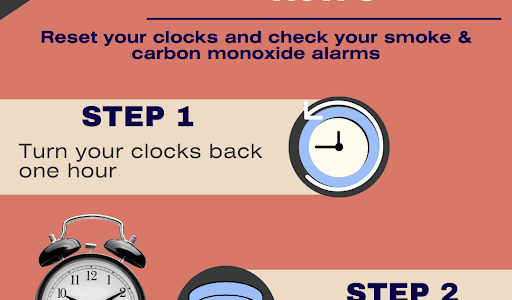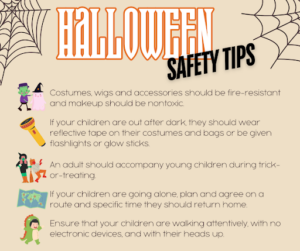As Severe Weather Persists, The Town of Winthrop Extends Outdoor Fire Restrictions

518 Fires Have Burned More Than 1,500 Acres in Massachusetts Since Oct. 1
With outdoor fuel sources extremely dry and no meaningful precipitation expected, Winthrop Fire Chief Scott Wiley and municipal leaders are extending restrictions on any outdoor fires at least until Friday, Nov. 29.
“This has been an unprecedented fall fire season in Massachusetts,” said Chief Wiley. “The current and expected weather conditions mean that any outdoor fire is likely to spread quickly and become difficult to control. In Winthrop, those fires could easily spread to homes and other properties.”
Burning yard waste is already prohibited across Massachusetts through Jan. 15 and year-round in some communities under 310 CMR 7.07, the Open Burning regulation. The local fire restriction additionally restricts the outdoor use of fire pits, chimineas, candles, cooking/heating equipment, and other ignition sources under Section 10.10.2 of the Massachusetts Comprehensive Fire Safety Code. The Code grants fire officials the authority to prohibit any and all open flames and other ignition sources under certain hazardous conditions, including extreme drought. About 200 Massachusetts municipalities have imposed these prohibitions.
Any requests for permits for outdoor fires, hot work such as cutting/grinding, and other activities will be decided in light of the ongoing fire risk.
All of Massachusetts, including Winthrop, is facing an unprecedented fall wildfire season. While the state averages 15 to 20 fires a month in October and November each year, local fire departments have reported more than 500 fires since Oct. 1. These fires have burned more than 1,500 acres – rivaling average statewide totals for an entire year. Many of these fires have damaged homes and other properties, and they are taxing local and regional firefighting resources.
According to Chief Wiley, the Massachusetts Department of Fire Services, and the Department of Conservation & Recreation’s Bureau of Forest Fire Control & Forestry, almost all of these fires start with human activity and can be prevented by limiting outdoor activity that involves open flames, sparks and embers, hot engines or gasoline from power equipment, and other ignition sources.
Chief Wiley recommended the following fire prevention strategies during this period of severe fire risk:
- Follow local and state guidance on outdoor ignition sources. Remember that burning yard waste is prohibited statewide through January and in many communities year-round. Many cities and towns have implemented temporary restrictions on any outdoor fires until conditions improve.
- Refrain from outdoor cooking and heating. Sparks and embers from chimineas, fire pits, and grills can easily ignite dry vegetation, debris, and overhanging branches.
- Use caution with lawnmowers, leaf blowers, all-terrain vehicles, and other power equipment. Hot engines, sparks, and spilled gasoline can ignite dry leaves and grass.
- Dispose of ashes from fireplaces and wood stoves in a metal can, douse them with water, and cover them with a tight-fitting lid. These ashes can remain hot enough to ignite combustibles long after the fire goes out: never dump them outdoors or in the trash.
- Extinguish smoking materials in a sturdy ashtray with water or sand. Never toss cigarette butts, matches, or other smoking materials over the edge of a balcony, stub them out on stairs or railings, or toss them in dry vegetation or debris.
“The faster we hear about a fire, the better chance we have of safely extinguishing it,” said Chief Wiley. “If you see smoke or flames, please call 9-1-1 right away so we can protect you, your neighbors, and our community.”




